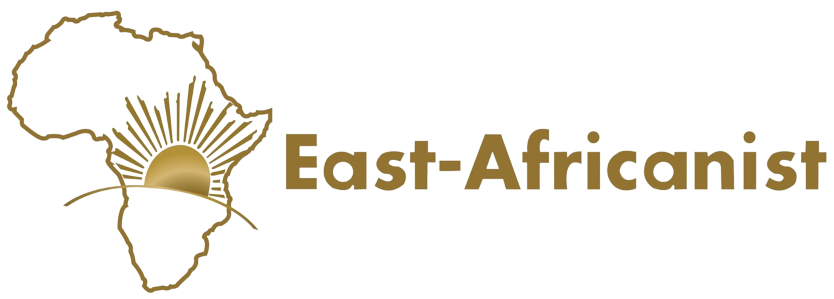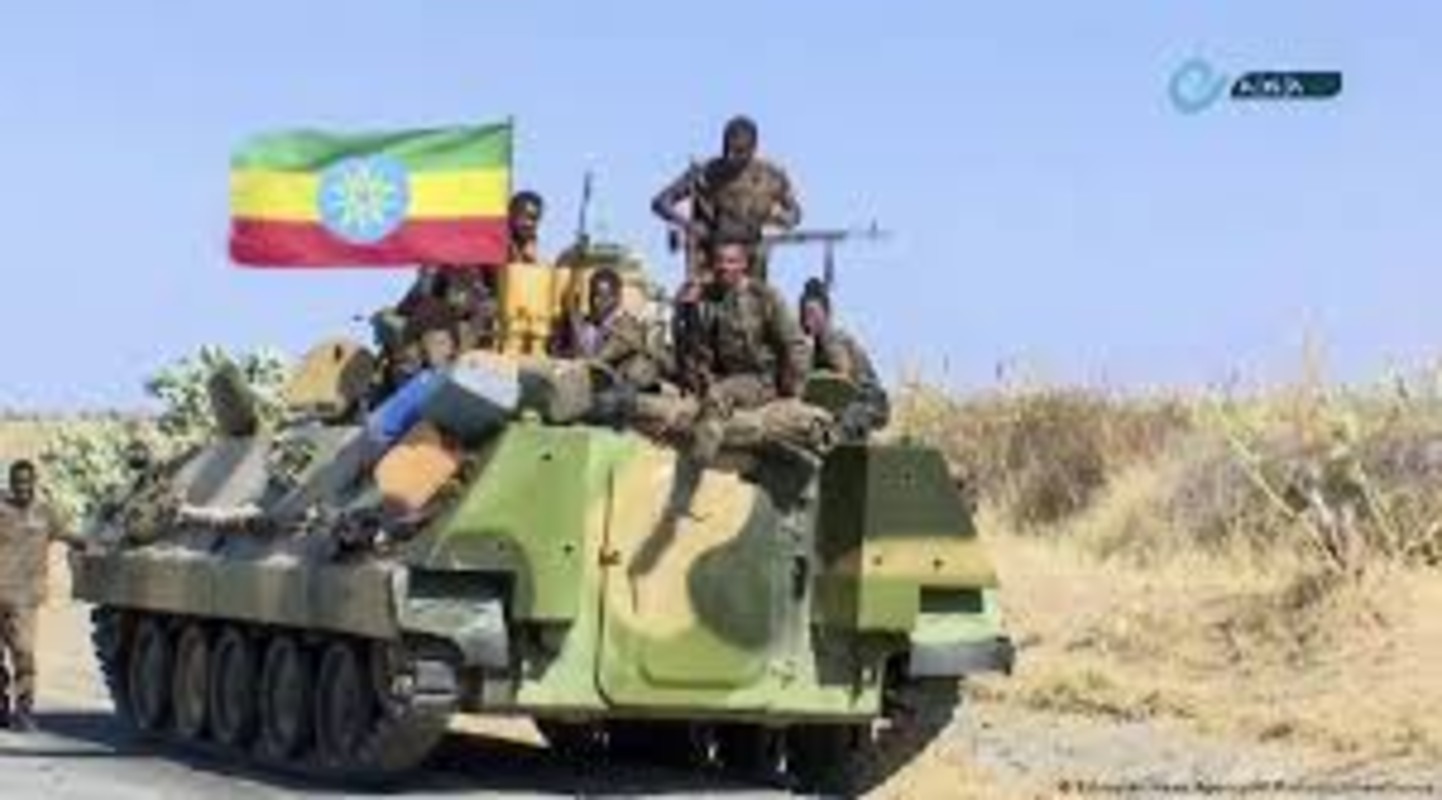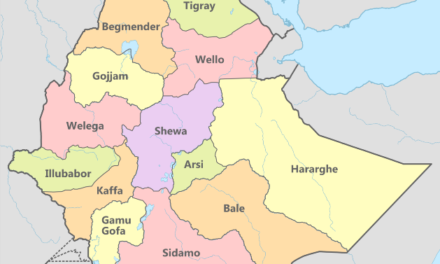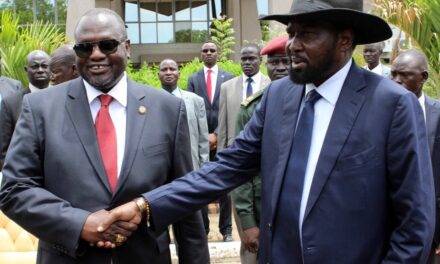By: Gashaw Gebre
(BSc in Management from University of Massachusetts & MA in Public Policy from Carnegie Mellon University)
One of the most ancient states in the world and a never colonized one at that, Ethiopia’s contemporary politics is as interesting as the its history. The fact that warfare and population movements are some of the factors that shaped Ethiopian history also mean analyzing its politics becomes very intriguing.
Ethiopia’s last monarchy reigned until 1974, until it was toppled by a military force the king himself had built after a victory over Italian fascists in WWII. The military then held power for 17 years until it in turn was overthrown by armed insurgents with an alliance of EPLF (Eritrean People’s Liberation Front) and TPLF (Tigray Peoples Liberation Front) playing a crucial role. Eritrea eventually declared independence and TPLF essentially replaced the military socialist dictatorship in 1991 and the era of sham “federalist” in Ethiopia followed. TPLF ruled with iron feast. 27 years later, however, it lost its political influence in very interesting ways.
Two years and half after a political storm that reduced the TPLF into just a regional political organization, Ethiopia experienced the most horrific lose and devastation caused by TPLF leaders who have been preparing to cause such sad series of incidents for a long time. Fortunately, the devastation has now led to a historic triumph over the very destructive force that aspired to end Ethiopia as we know it. TPLF rebelled almost a month ago but it was crushed in just three weeks
TPLF’s brutality:
TPLF, the most dominant party within the EPRDF coalition (Ethiopian People Revolutionary Democratic Front) designed and implemented the ethnic federal setting. TPLF’s powers were limitless as it had a firm control over the media, the economy, all of the security framework. Eventually TPLF also effectively exploited Ethiopian Foreign Affairs by converting Ethiopian embassies into spy centers and commercial connections. Through relentless lobbying efforts, TPLF dominated EPRDF led government of Ethiopia won the hearts and minds of the Western world and became recognized as a staunch ally of the war against terrorism in the Horn of Africa. TPLF’s efforts to win the Eastern world were not failures too. Its success in establishing economic relations with China coincided with China’s aggressive move towards filling the gaps into Africa’s weakening economy.
The EPRDF with TPLF at the core ruled with brute force. Corruption became so rampant. The prison systems were filled with thousands of dissidents. Media was muzzled and elections were rigged every time they took place.
After the death of late Prime Minister Meles Zenawi, who was one of the founders of TPLF, the corrupt and weak state institutions he left behind buckled. The leadership became disoriented and disunited – unable to rule by force as it used to. Youth movements that emerged in various parts of the country cornered the TPLF. The mass movements became national revolt.
TPLF could not even control the core of the EPRDF as it was customary in the years before. Then in 2018, TPLF’s sole ownership of the state ended and TPLF retreated to its old starting place in the Tigray region, North Ethiopia. Wounded and agonized by its loss of power, it also immediately started to undermine the federal government in Addis Ababa.
TPLF used the last two and half years to wage a political fight in defiance to the new central government. It created a political alliance with other weak radical ethno-nationalist organizations to create what they promoted as a “federalist’ alliance and a mission to give a rebirth to the old statusquo. TPLF effectively used regular media and social media to undermine the government of PM Abiy Ahmed.
Moreover, TPLF used its alliance with OLA (Oromo Liberation Army) to create havoc in Oromia, Amhara, Benishangul Gumuz, and the South regions resulting in death of thousands of innocent civilians and the displacement of millions.
Outside of Ethiopia, within the diaspora, TPLF’s alliance with radical Oromo groups proved to be a potent force on social media spreading false propaganda against the current Ethiopian government. If not TPLF’s, the OLF and its activists’ access to media helped both of these destructive groups to influence public opinion and portray the Ethiopian government in negative lights.
Meanwhile, in Addis Ababa, the TPLF and OLF ethno-nationalist alliance took advantage of the media space expanded by PM Abiy Ahmed’s administration to present the government as weak and a failure when it comes to maintaining law and order. At the same time both of these organizations worked day and night to kill civilians, disrupt daily life and engage in economic sabotage in various parts of the country.
On to the conflict
On November 4th, 2020, the final confrontation between TPLF and the Federal Ethiopian government started. TPLF ambushed none-Tigrigna speaking ENDF soldiers of the Northern Command, killing many in a brutal manner. It robbed heavy military arsenal from the division as well. This treasonous act was later admitted by TPLF leadership.
Following the news of such horrific attacks, the federal government launched a counter-offensive to defeat the TPLF and maintain law and order in Tigray. The treasonous act of the TPLF angered Ethiopians within the country and in the diaspora at large. What terrified Ethiopians and the entire world was also the massacre of 600 innocent daily laborers in the small town called Mai Kadra by the retreating TPLF soldiers. The killing was ethnic based as was confirmed by the Ethiopian Human Rights Commission. Amnesty International corroborated EHRC’s findings as well. The number of those massacred in Mai Kadra has increased to over 750 as more mass graves are being discovered. TPLF’s rebel forces committed the atrocious act immediately after the federal offensive started to register military victories and they retreated deep into Tigray.
The False narrative in “Siege” of Mekelle:
As the ENDF (Ethiopian National Defense Forces) advanced and conquered towns after towns, the fear that gripped the world became a false pressure that was defused as military came close to Mekele. Fortunately, the fear totally vanished as the Federal forces entered Mekele after little resistance by TPLF militias.
Over the last month, the Ethiopian government was responsible and answerable to international organizations’ expectations whereas as TPLF rebels were not at all governable to normal rules of warfare. TPLF was barricading its armaments and soldiers in Churches and schools. Sadly, its rebel militias destroyed infrastructure, power plants and airport.
The end game:
TPLF has had waged guerrilla warfare for 17 years, until 1991. It has its old military tactics. However, unlike the old times where it had access to Sudan, some parts of Eritrea and Djibouti, it now finds itself encircled and with no friends nearby.
This however does not mean that it could not use money to buy its exit via somewhere and somehow. The only reliable friend it might count on could potentially be, a far-away Egypt, which is a country know for helping rebellion forces that were fighting Ethiopia in the past. TPLF’s food supply could also be depleted soon. Its armaments need parts, ammunitions need replenishments.
Most of all, it has no cause that it could claim to stand for and to rally poor Tigryan peasants. Obviously, during the time it enjoyed the perks of power in Addis Ababa, it had neglected its original power base. These poor farmers know the leadership of TPLF are super rich and old. Indeed, a critical problem for TPLF was that it has no fresh lineup of new leadership. It was the old guards in the days of power, and it is the same old guards that are at the position of leadership.
If the security apparatus of the federal governments succeeds, TPLF will be totally cut off from outside media and outside diaspora’s assistance altogether as well. Ultimately, launching a guerrilla warfare would be too difficult for TPLF. But it does not mean it will not give it a shot.
With full awareness by high morale soldiers of ENDF, and the knowledge of its Generals to handle insurgency, and a determined military campaign supported by the local population, TPLF’s journey to the hills could also be cut short.
What more should be done?
The peace-loving Ethiopian diaspora shall present to law makers of the western countries the sad stories of victims of TPLF and OLF. It should also work to make certain TPLF and OLA are designated as terrorist organizations alongside Al Shabab, Boko Haram, ISWAP and many others.
The U.S. has made its position clear stating its desire to end the conflict in Ethiopia and this without any reference to any type of “negotiations” with TPLF. The upcoming Biden-Harris administration will not also have any choice but stay this path to maintain peace and stability in the Horn of Africa.
Europe and Asia also have vital interests in the volatile region of the Horn of Africa and must see that terrorism could destabilize the Horn, which affects commerce and results a perpetual human calamity without a foreseeable end.
Most of all, a lengthy war of insurgency in a region like Tigray would be further devastating to an already poor region, where over 600,000 are on food aid. The migration of refugees to Sudan, almost 40,000 of them, according to charitable organizations is also a major concern. The diaspora collective must help and speak on behalf of the refugees.
Finally, today’s Ethiopian generations must also take up these challenges, help the government and all stakeholders that work to stabilize the Tigray and other violence prone regions and work to make Ethiopia a peaceful and prosperous country. Then, this generation will be remembered for its role in the transformation of Ethiopia for good. Moreover, by working together for the common good and by establishing new ethos for the good Ethiopian dream, current generations of Ethiopians could attain the long-held ideals of their forefathers to democratize this ancient and beautiful country.
Gashaw Gebre is a human rights activist and a member of Ethiopian Advocay Netwrok. He lives in Virginia, USA.
(Opinion pieces published do not necessarily reflect East-Africanist’s positions.)





